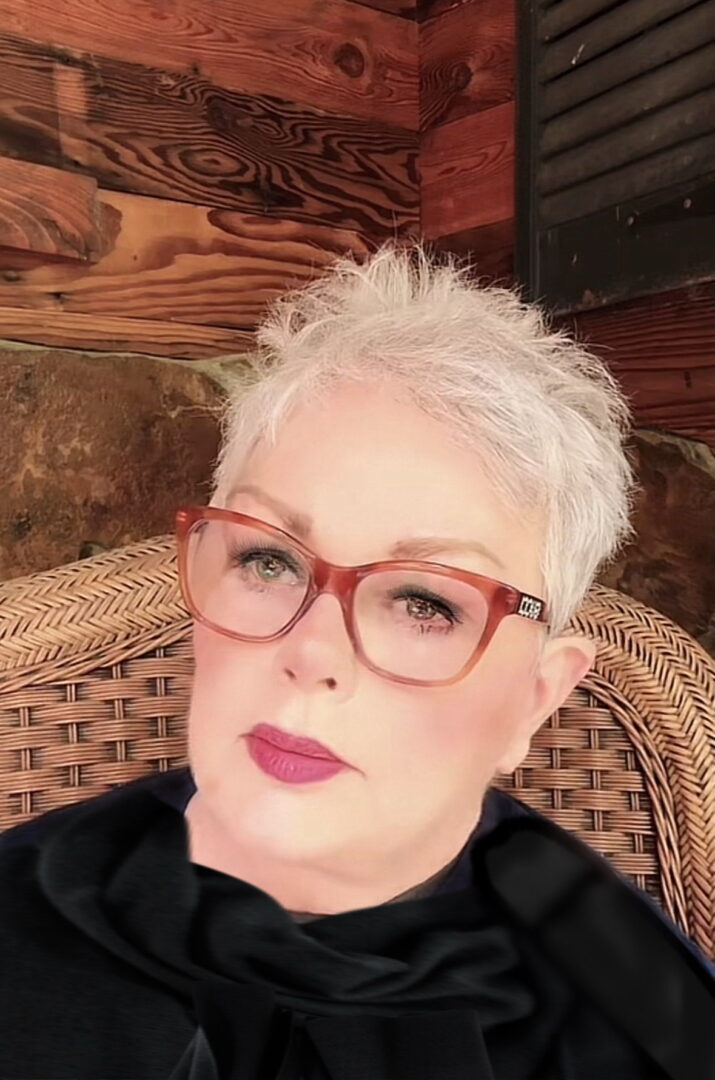We’re looking forward to introducing you to Dr Jan Canty. Check out our conversation below.
Jan, it’s always a pleasure to learn from you and your journey. Let’s start with a bit of a warmup: What is a normal day like for you right now?
My normal day is fairly busy. Besides my work as a psychologist working for the Federal government online, I divide my time between my passions: gardening, writing, advocating, photography and spending time with my family and dogs.
It’s late summer. My love for the out of doors lures me to sleep in a tent in my garden during the warmer, dryer months. Last year I had electricity installed and my enclosure sits on a dry, wooden platform under an arch of mature rhododendrons. It’s quite a departure from my birthplace – Detroit.
Can you briefly introduce yourself and share what makes you or your brand unique?
I had a pretty conventional upbringing in a lower middle-class family. My parents were well matched. There wasn’t a lot of drama. I was the first one in my family to go to college, but I had to figure out how to pay for it.
After earning my bachelor’s degree I met my future husband and finished my training to become a psychologist. Everything seemed on track, until it wasn’t.
On the stormy evening of July 13, 1985 my spouse of 11 years failed to return. On the tenth day of waiting I was called down to Detroit Police Headquarters. There I learned many ugly truths. My spouse had been living a double life. We were broke. He’d been murdered.
It pivoted my life. The media was relentless and even disrupted his funeral. I didn’t attend the trial. I ended up moving away and didn’t speak of it for 30 years.
This was before grief groups, victim advocacy and the internet. I healed the best way I knew how. I joined a gym. I ended up completing 4 triathlons. I volunteered on four continents and worked with people that didn’t even have running water. It put my situation in a different perspective and I saw what I had taken for granted. I launched a podcast (“Domino Effect of Murder”) and met dozens of other homicide survivors. I wrote my first two books: “A Life Divided” and “What now? Navigating the Aftermath of Homicide and Suicide.”
You asked what I was working on now. Well, I have a third book about to launch called “Rekindled Healing Grief: The Science and Experience of After-Death Communication. I am also organizing the first-ever national gathering of other so-called “homicide survivors.”
Great, so let’s dive into your journey a bit more. What did you believe about yourself as a child that you no longer believe?
As a girl growing up in the 1950s in a supportive home and lots of friends I believed the world was just. Bad things happened to people who made bad decisions.
I no longer believe that. I’m slower to trust. I don’t take people at face value like I used to.
The world is less predictable than I was led to believe.
Was there ever a time you almost gave up?
Yes. BUt not like you might think. It was December of 2014. I was undergoing an autologous stem cell transplant procedure for cancer. I’d been getting weaker and less hopeful as the weeks turned into months. On Christmas Eve that year I was in unrelenting pain, even on IV delauded. I’d never felt so weak.
After dark the young man in the next hospital room over received a surprise visit by his friends who sang him Christmas songs and decorated his room. I simply thought, “If I’m going to be a burden, if this is what my life is like, then there is no point in going on. If the stem cell fails, so be it.”
Next, maybe we can discuss some of your foundational philosophies and views? What important truth do very few people agree with you on?
The public tends to believe that a court conviction, the passing of time and kind words by friends will restore the wounds of people who have had to deal with the aftermath of homicide. And they believe we get a lot of support.
Both are false. We withdraw from society and society withdraws from us. None of these things – even t0gether – form a “reset” button. That’s why the word “closure” is offesive. The trauma left by homicide of a loved one changes you forever in ways you cannot anticipate. There is no “Hollywood ending.”
I
Okay, so before we go, let’s tackle one more area. What is the story you hope people tell about you when you’re gone?
That I made my time count. That I left the world slightly better than how I foud it and I refused to become a victim, a statistic. I hope people noticed I found joy in the most simple of things – like hearing owls at night or watching my granddaughter sleep.
Contact Info:
- Website: https://jancantyphd.com/
- Other: Tik Tok: https://www.tiktok.com/@jancantyphd
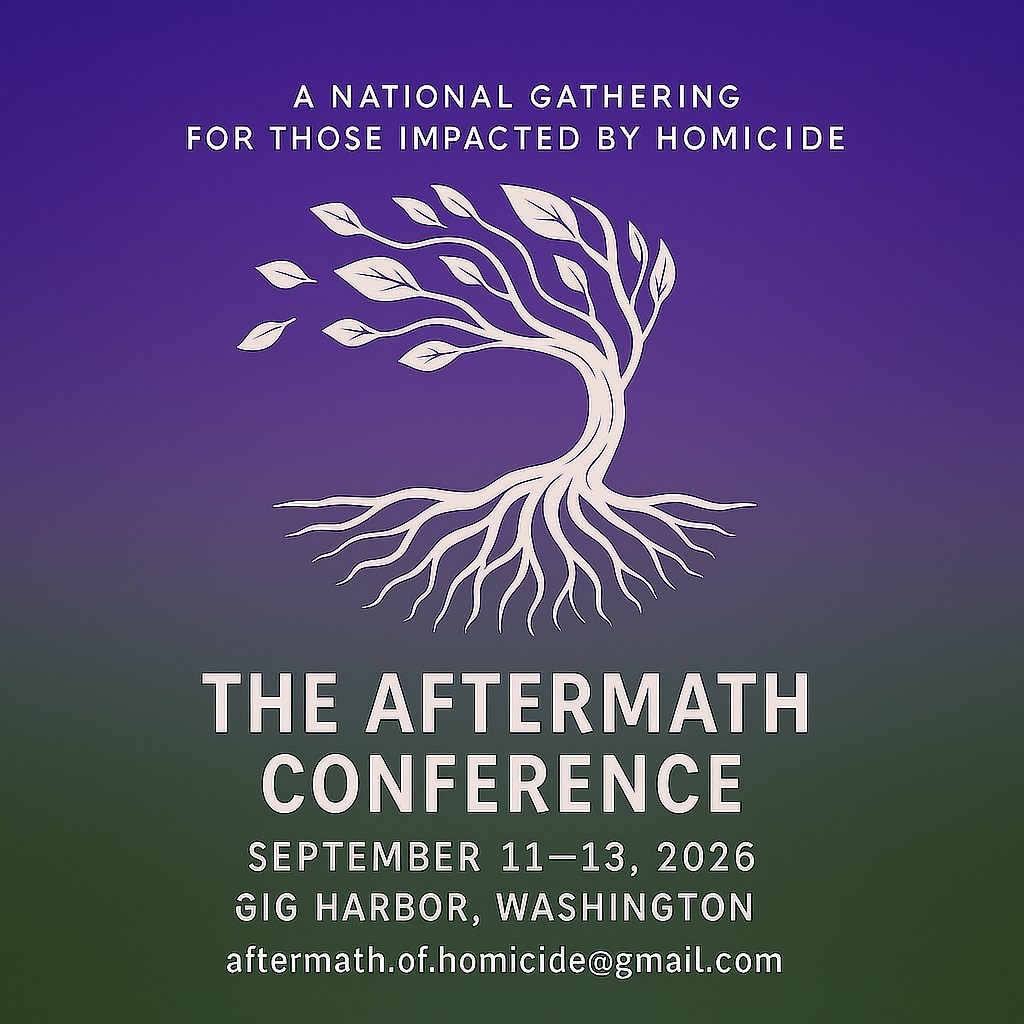
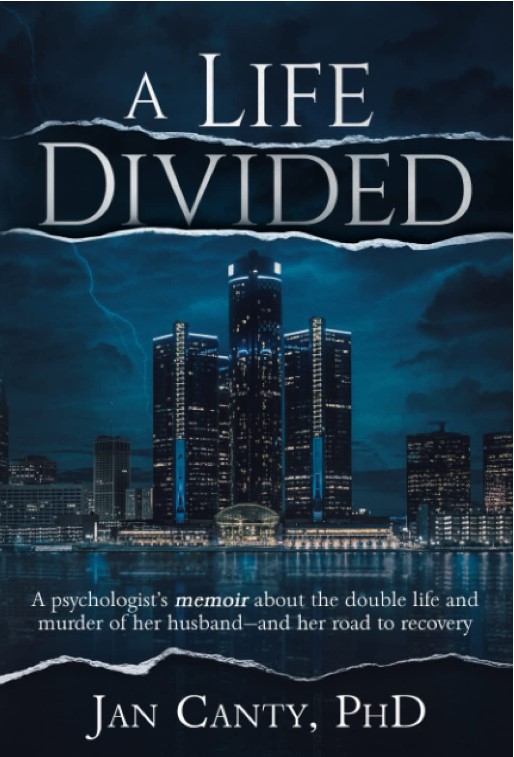
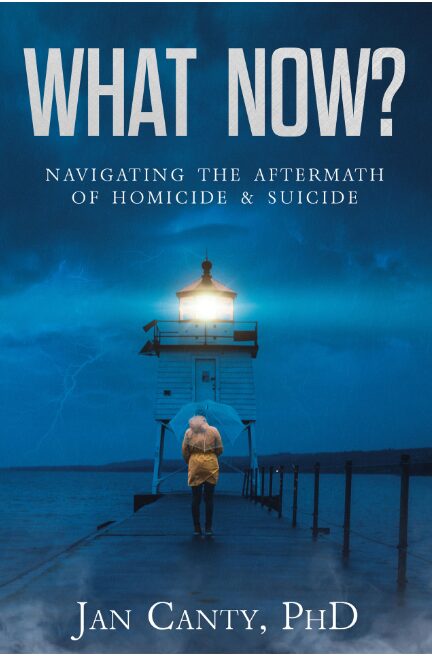
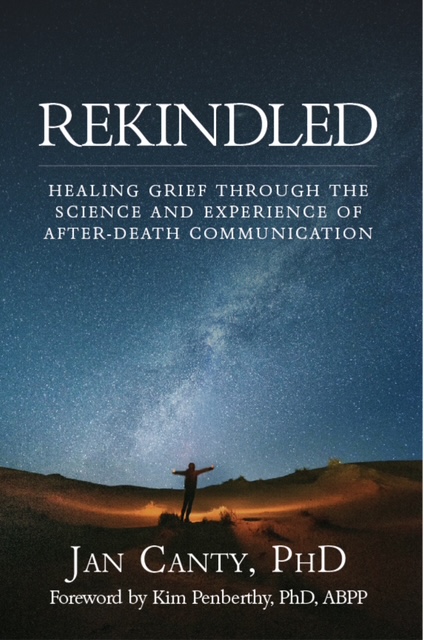
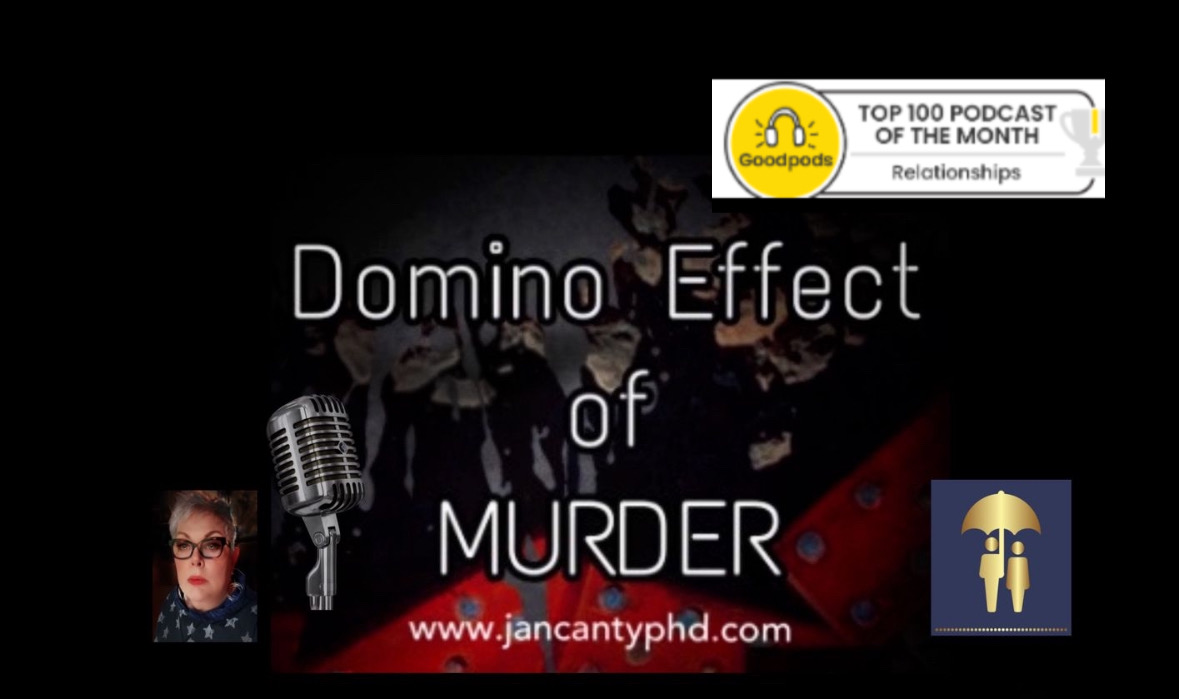

so if you or someone you know deserves recognition please let us know here.

